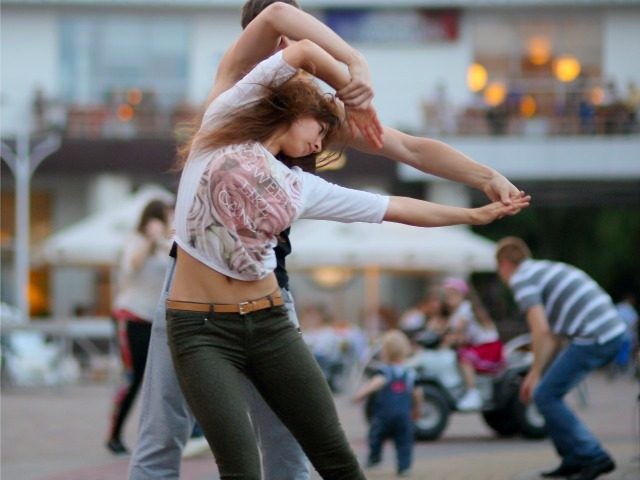Over 600 community members from Bucknell University participated in a social justice march that included several forms of artistic expression that were performed in the name of fighting structural oppression.
The Solidarity March event was organized in order bring attention to Bucknell students “who have been silenced or marginalized.”
The event included a march from the university’s main quadrangle to a downtown park, where student performers shared their feelings about social issues facing minorities in 21st century America through performances ranging from dance to poetry.
According to Payscale, an organization that collects salary statistics, Bucknell University was ranked in 2011 as one of the top 15 national universities with regards to graduate’s mid-career annual incomes. Despite the success of the school’s graduates, Bucknell students have become increasingly convinced that they are being held back by institutional oppression and discrimination.
Jorden Sneed, 21, of Los Angeles and a senior at Bucknell, said she has attended the rally and march every year since she started college.
When she first started to come to the rally, she said they were much more intimate and shorter. However, “sentiments towards this march have changed since so much has changed in the world.”
Sneed said, “it is nice to see more people value the Solidarity March in the community. I believe it’s important to have these rallies, marches, and events as it allows for our communities, Lewisburg and Bucknell, to come together on exposing these social issues that impact many of us on a daily basis.”
Fellow Bucknell student Grevelin Ulerio, who performed Billie Holiday’s classic protest song “Strange Fruit” and gave a small speech during the rally, said she wanted to tackle issues like white supremacy and anti-blackness head on.
The 19-year-old sophomore, of Bronx, New York, originally planned to sing “A Change is Gonna Come” but changed her mind as she thought it was important to show what it means to be a black person in society.
“A lot of people see race as an identity, not as a position within society,” Ulerio, who is a first generation Dominican American, said.
Despite the seemingly well-intentioned sentiment of the event, the march merely operated as an extension of the calculated narrative being pushed throughout much of higher education.
Ideas that counter the academy’s narrative have become heresy. Those with an invested interest in the future of American education must begin to close their wallets and open their mouths if tides are going to reverse anytime soon.
Tom Ciccotta is a libertarian who writes about Free Speech and Intellectual Diversity for Breitbart. You can follow him on Twitter @tciccotta or email him at tciccotta@breitbart.com

COMMENTS
Please let us know if you're having issues with commenting.